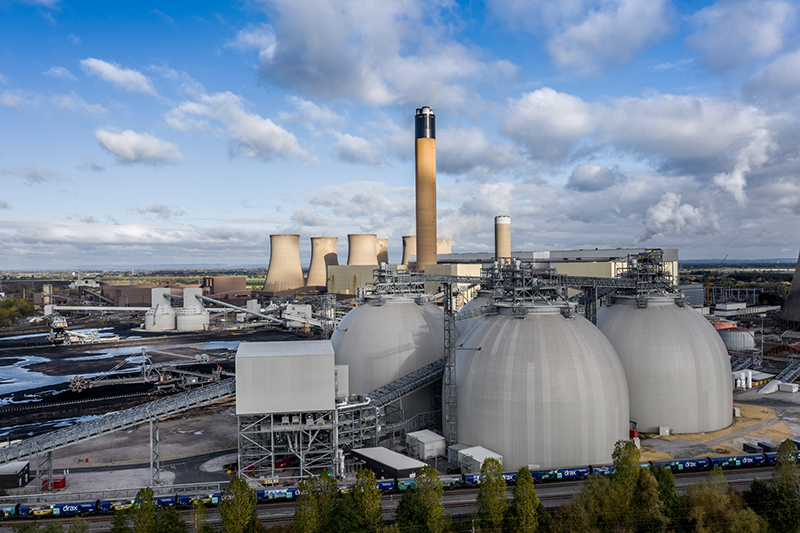Driving the UK's Carbon Capture and Storage Agenda Towards Net Zero
Key Ideas
- The UK government has allocated up to £22 billion over 25 years to kickstart carbon capture and storage (CCS) projects, crucial for achieving net zero targets.
- Rapid scale-up of CCS is essential to meet the target of capturing and storing 20 to 30 million tonnes of CO2 annually by 2030, with a long-term goal of over 100 MtCO2 by 2050.
- CCS not only supports decarbonization of emissions-intensive industries but also presents economic growth opportunities for UK supply chain companies in the global market.
- Policy focus must be nuanced to avoid over-reliance on CCS, especially in projects like gas-fired power generation and 'blue' hydrogen, to ensure a balanced transition to a clean economy.
The UK government has committed £22 billion over 25 years to support carbon capture and storage (CCS) projects, essential for achieving the country's net zero targets. The rapid scale-up of CCS is crucial, with targets set to capture and store 20 to 30 million tonnes of CO2 annually by 2030 and over 100 MtCO2 by 2050. CCS not only aids in decarbonizing industries like steel and cement but also provides growth opportunities for UK supply chain companies amidst increasing global demand. The UK's policy needs to be more nuanced to avoid over-reliance on CCS, especially in sectors like gas-fired power and 'blue' hydrogen, to ensure a balanced transition to a clean economy. The new government must specify its reliance on CCS in different sectors, considering impacts on energy resilience and technological advancements.
Topics
Blue Hydrogen
Energy Transition
Economic Growth
Investment Opportunities
Government Funding
Climate Strategy
Policy Development
Global Energy Demand
Industrial Decarbonization
Latest News
